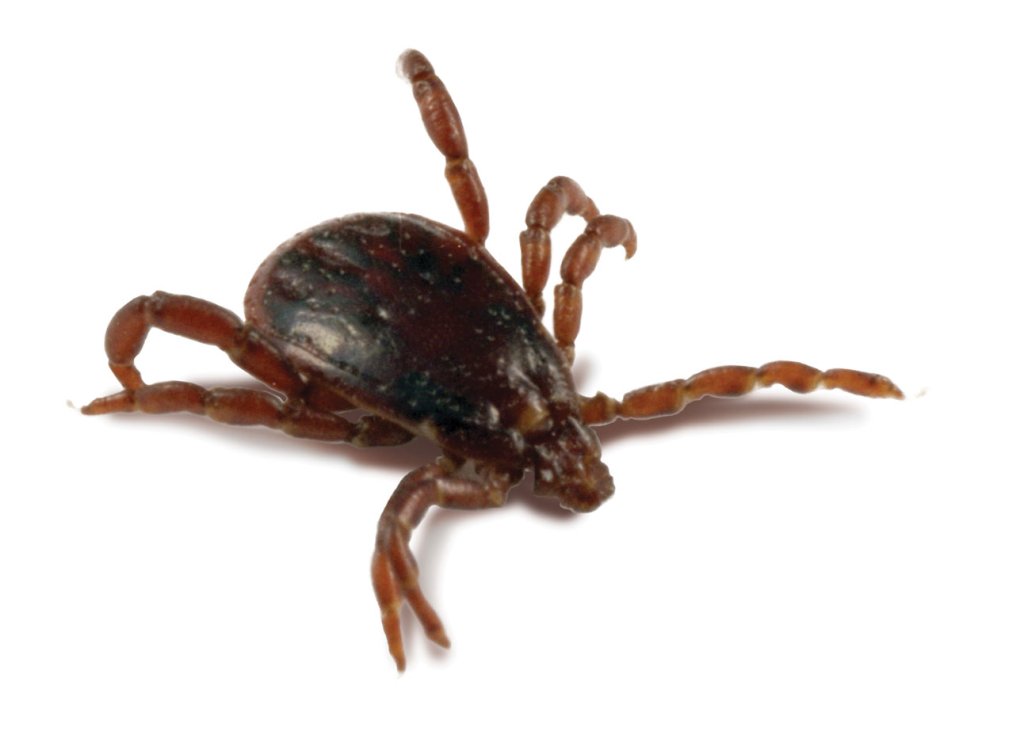Video shows dangers of ticks
Published 7:30 am Thursday, June 1, 2017

- Video shows dangers of ticks
ISLAND CITY — Just a little more than a week has gone by since an Island City family woke up to discover their 3-year-old daughter had become paralyzed overnight. They rushed to Grande Ronde Hospital’s emergency room to find out what was wrong. The culprit: a tick.
Amanda Lewis posted a video on Facebook that showed her daughter, Evelyn, unable to stand and asked relatives if they knew what could be wrong. Since then, that video has been watched more than 22 million times and has been shared more than 600,000 times.
Evelyn was diagnosed with tick paralysis, which is most likely to be seen in children. According to the American Lyme Disease Foundation website, once the tick implants itself, it produces a neurotoxin in its salivary glands. It takes days for the neurotoxin to have an impact, and symptoms include fatigue, numbness of the legs, muscle pain and ataxia — the loss of control of muscle movements.
Dr. John Page, who has worked at Grande Ronde Hospital for 16 years and specializes in emergency medicine, treated Evelyn. He said over the years he has treated up to a dozen cases of tick paralysis — while it isn’t common, it does occur.
“We have an electronic patient list board (in our ER) and it lists the complaint and age of the patient. I saw 3-year-old, ataxia and I had an idea of what was wrong,” Page said.
Two things jumped out at Page in Evelyn’s case: she’s young, and she couldn’t walk.
“I had a strong suspicion, by just seeing that,” Page said. “We’ve gotten used to paying attention to those symptoms.”
Page said it’s during the months of April, May and June that doctors see the most cases of tick paralysis. Once the tick is removed, the symptoms retract and the child is usually able to move their limbs again — sometimes in a matter of hours. In Evelyn’s case, it took until the next day for her to start moving again.
Evelyn is back to normal, according to Lewis’ Facebook page. The family declined an interview with The Observer due to the overwhelming amount of publicity the story has caused.
“My husband and I are still in shock that this happened to our baby girl and I’m glad we were able to spread some awareness about this,” Lewis wrote in a Facebook post. “It’s not terribly common for this to happen, but it’s good to be aware that if your children or pets start having weakness in their limbs to look for a tick.”
Although it’s not common, the reason Page has seen cases of tick paralysis here is the abundance of woodland areas. He said it’s important to check yourself and your children and pets for ticks every time you have spent time outdoors.
See complete story in Wednesday’s Observer

